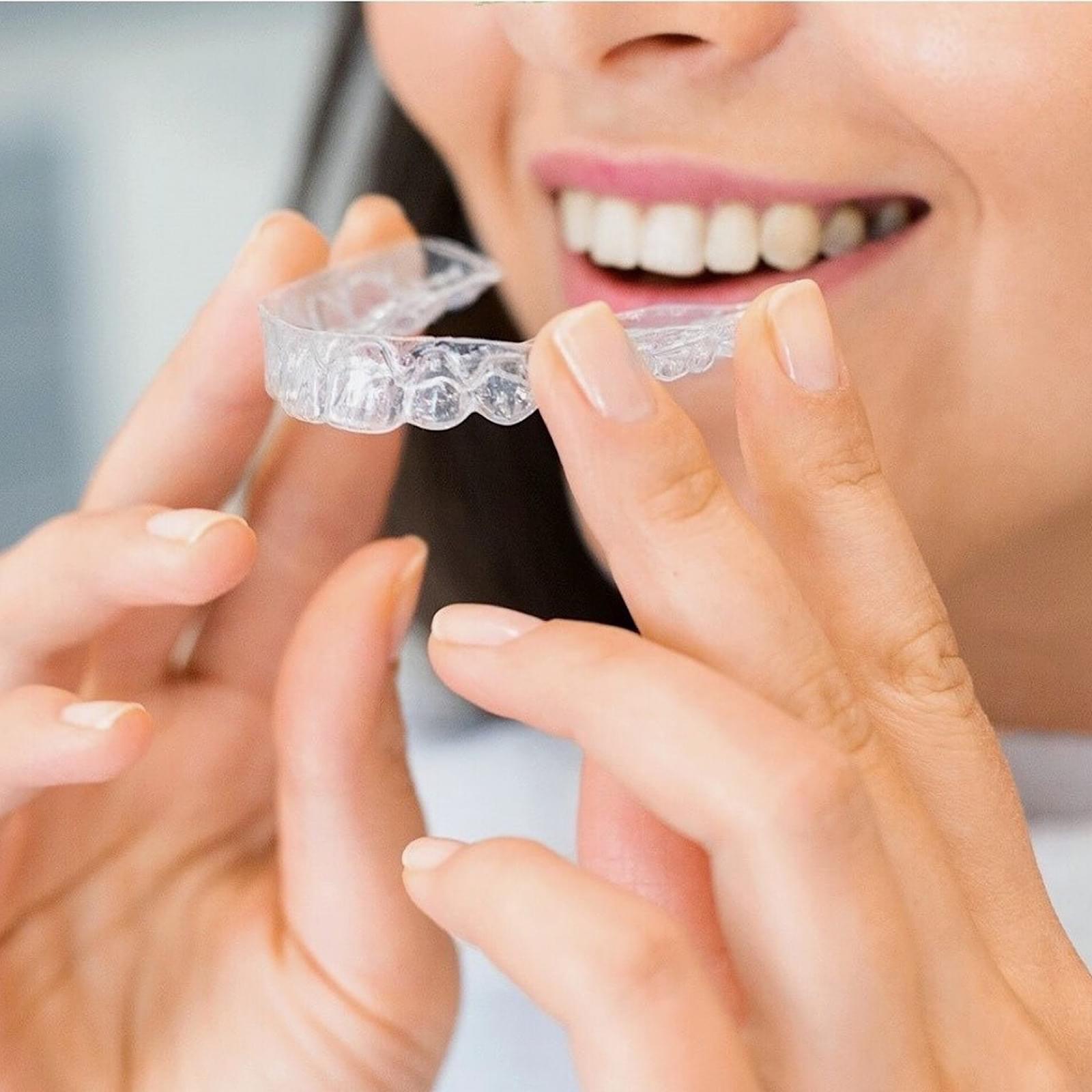Candida is a fungus which, in small doses, is found in your mouth and intestines to help you digest your food and properly absorb nutrients. But, too much candida leads to systemic issues, leaving a grave impact on your physical health and quality of life.
The good bacteria in your gut and body helps keep candida growth under control. Overgrowth occurs when these good bacteria levels are too low. The most common side effect is a yeast infection, which affects the mucous membranes throughout your body. The most frequent sites for a yeast infection include the mouth (oral thrush), vaginal tract or intestines. If severe, candida overgrowth breaks down the walls of the intestines and release toxins into your bloodstream. This is a condition known as leaky gut syndrome, and side effects range from physical to emotional.
How Does Candida Affect the Mouth and Body?
Ordinarily, your body wards off yeast infections before they spread to the other parts of your body assuming your pH levels and immune system are working properly. When your immunity is compromised or your body is stripped of good bacteria, yeast infections can spread to other areas of the body, including your heart and brain. This is called Candida Overgrowth Syndrome (COS), and can produce the following side effects:
- Sugar cravings
- Foul breath
- Sinus infection
- Digestive discomfort
- Oral thrush – white lesions on the tongue and cheeks
- Urinary Tract Infection (UTI)
- Chronic exhaustion
- Mental fog or mood disorder
Preventing Candida Infections
Fortunately, you can minimize your risk for COS by cutting the elements that help yeast to grow, while remaining cognizant of factors that harm your body’s healthy bacteria levels.
Patients with high carbohydrate, sugar and alcohol consumption are at a higher risk of yeast infections and COS. Curbing your intake helps decrease your odds of experiencing candida symptoms.
Broad-spectrum antibiotics kill bacteria (even the good kind) that help keeps candida levels in check, which puts you in danger of infection. Usually, a simple round of antibiotics won’t cause more than temporary discomfort, but high doses concentrated into a short period may trigger out-of-control growth. Like antibiotics, cancer treatments kill off good bacteria in their fight to eradicate cancerous cells, thus leaving the body vulnerable to candida overgrowth.
Individuals with Type I or Type 2 Diabetes typically have higher glucose levels in their mouth, which encourages yeast development. This is why diabetic patients may experience oral thrush more frequently. But, thrush is usually preventable with proper management, including insulin therapy, healthy diet and exercise.
Oral corticosteroids, found in inhalers used to treat asthma symptoms, can also promote yeast overgrowth that can spread and inflict damage. Most prescription inhalers direct users to rinse out their mouths and gargle after each use to minimize risk. You may also opt to use a spacer in your inhaler that helps spread and slow down the medication before it enters your body.
Finally, patients with HIV/AIDS or Lupus have weakened immune systems and are prone to yeast overgrowth and COS. Similarly, oral thrush is common in babies because their immune systems are not fully developed.
Candida is not just an issue for your oral health, but also your overall physical and mental wellbeing. While preventing candida overgrowth by eliminating controllable risk factors is key, chronic candida infections are difficult to fight. One natural and biocompatible treatment becoming more prevalent in the fight against COS is ozone therapy, an all-natural treatment shown to boost immunity and fight infections for over 150 years. For patients with COS, ozone therapy helps regulate candida growth and balance yeast levels correctly.
Assure A Smile employs ozone therapy in many of our services, including cavity restorations, root canals and gum disease treatment. Ozone therapy is both minimally invasive and natural, outweighing many of the mechanical alternatives used among dental professionals in years past.
To learn more about treating candida-related infections with ozone therapy, or how ozone therapy complements your dental treatment, call Assure A Smile at 305-274-0047.




